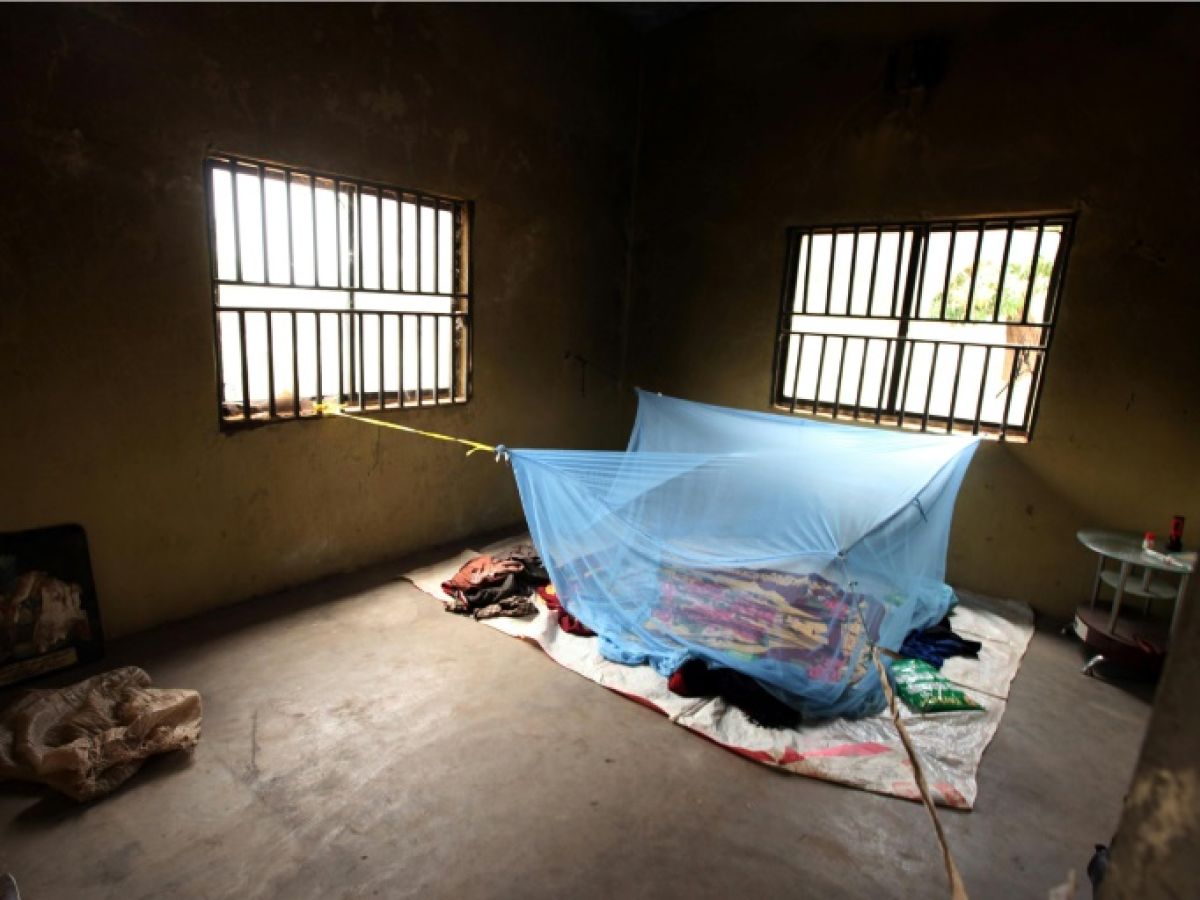As clouds gather and humidity intensifies across West Africa, heralding the rainy season and the proliferation of malaria-carrying mosquitoes, Nigerian nurse Musa Adamu Ibrahim remains at home, unemployed. In northern Nigeria, where malaria causes 301,000 of the world's 600,000 annual deaths, clinics in Borno State, which saw up to 300 patients a day during peak malaria outbreaks, have abruptly closed.
“ Clinics have been closed, and there are no more free medicines or mosquito nets. No distribution of preventive measures.", notes Mr. Ibrahim. Already threatened by a jihadist insurgency that has lasted for more than 15 years and criminal armed groups, these establishments can no longer function, deplores the Nigerian nurse, like many other health professionals on the continent.
The clinics were abruptly closed following the dismantling of USAID, the American development agency, by US President Donald Trump. The closure of most of its programs significantly weakens healthcare systems in Africa, which rely on a complex network of public, private, and NGO actors.
Budget cuts are causing lasting damage: malaria cases are increasing, treatment centers are closing, medicines are no longer arriving, and children are dying on the way to treatment. And these repercussions, already evident in several African countries, will only continue to grow, according to experts.
Supply chain disruptions are raising fears of drug shortages in several countries, including Mali, South Sudan, and Kenya. In sub-Saharan Africa, Those who have resources will always be able to obtain medicines... But the poorest, in remote areas (...) will be left behind", warns Lawrence Barat, former technical advisor to the US President's Malaria Initiative (PMI). It is their children who will die" he laments.
Forecasts upset
African governments' malaria control strategies are severely hampered, says Saschveen Singh, an infectious disease specialist with Médecins Sans Frontières (MSF). In Mali, seasonal malaria chemoprevention (SMC) drugs for children will continue to arrive, but US funding is crucial for their distribution.
In the Democratic Republic of Congo (DRC), the USAID-supported PMI was the primary supplier of medicines and screening tests to public facilities in nine provinces. In the future, " he will no longer have any medication and it will be very difficult for other actors to intervene", said Ms. Singh, adding that her colleagues " are struggling " to determine where shortages are likely to occur.
In South Sudan, USAID-funded clinics have closed amid a cholera outbreak. Children are walking for hours to reach the nearest treatment center, and at least five have died en route in the eastern state of Jonglei, the British NGO Save the Children reported this month.
In Kenya's Kakuma refugee camp, home to more than 300,000 people, protests erupted in March following the announcement of a cut in food rations. Doctors in the camp are also running out of medicine. You can get paracetamol at any of the nearby clinics. But there are no other medications.", a former camp resident, who wished to remain anonymous, told AFP.
"A hole too big"
At Kinkole General Hospital in Kinshasa, the capital of the DRC, doctors recently treated 23 patients with the MPOX virus, isolated in tents and treated free of charge thanks to American support. But they are uncertain about the continuation of this funding, as the epidemic has already infected 16,000 people and caused 1,600 deaths. We tell ourselves that a catastrophe is coming", says Yvonne Walo, an epidemiologist at the hospital.
Cuts to US aid for health systems are expected to continue. According to Sania Nishtar, CEO of Gavi, the Global Alliance for Vaccination, " it's a hole too big to be filled"In the Nigerian state of Borno, where the governor recently warned of the risk of a resurgence of the jihadist group Boko Haram, Kunduli, an aid worker who was also recently dismissed, points out that work was already " overwhelming "even with American funding. So without them..." I can't even imagine it" she said.


